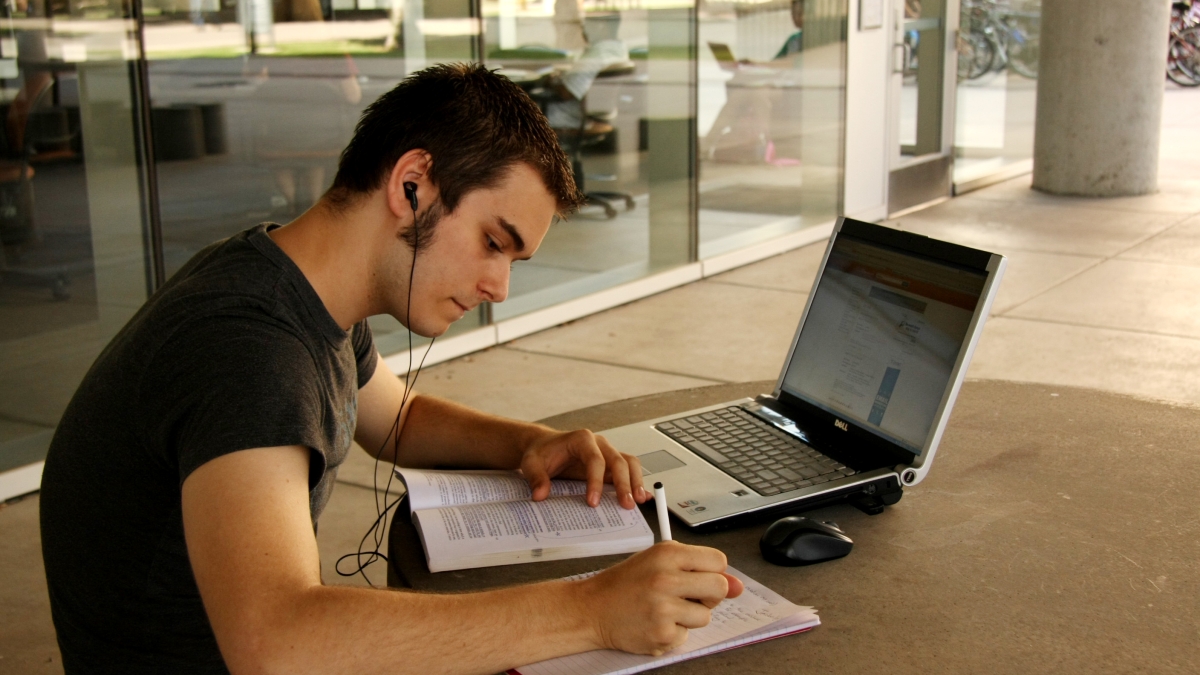ASU ranked by U.S. News as one of best places to earn an online degree

Arizona State University, recognized as one of the top major public research universities in the country, is quickly becoming one of the nation’s best universities for students wishing to earn an online degree.
The just-released U.S. News & World Report 2013 "Best Online Education Programs Rankings” list ASU 40th for best online bachelor’s degree programs. The university is 15th among public universities offering online bachelor’s degree programs and the only Pac-12 school making the list.
Four online graduate degree programs also were ranked among the nation’s best, including:
This is the first year U.S. News has ranked online degree programs overall. The full list and more detailed information on each online program can be viewed here.
“Over the past three years, ASU has assembled an exceptional array of program offerings, quality services and dedicated resources for online students,” said Phil Regier, executive vice provost and dean of ASU Online. “Students who choose an online program with ASU learn from the same excellent faculty, engage with the same rigorous content and earn the same degree as students who attend on ground.
"The result is unprecedented access to a leading Research-1 university and opportunity for students anywhere to benefit from all that ASU has to offer.”
U.S. News defines the online degree programs in its rankings as “a program for which all the required coursework for program completion is able to be completed via distance education courses that incorporate Internet-based learning technologies.”
The program rankings included strength in these over-arching categories:
• student engagement (including graduation rate and class size)
• faculty credentials and training (including doctoral and tenure-track faculty and formal training for faculty in distance education)
• student services and technology (including student debt upon graduation, technologies/services available to students)
• admissions selectivity (for graduate programs, including GPA scores of admitted students and acceptance rate)
ASU currently offers 60 undergraduate and graduate degree programs entirely online, with additional programs expected by fall 2013. Learn more at ASU Online: http://asuonline.asu.edu/.